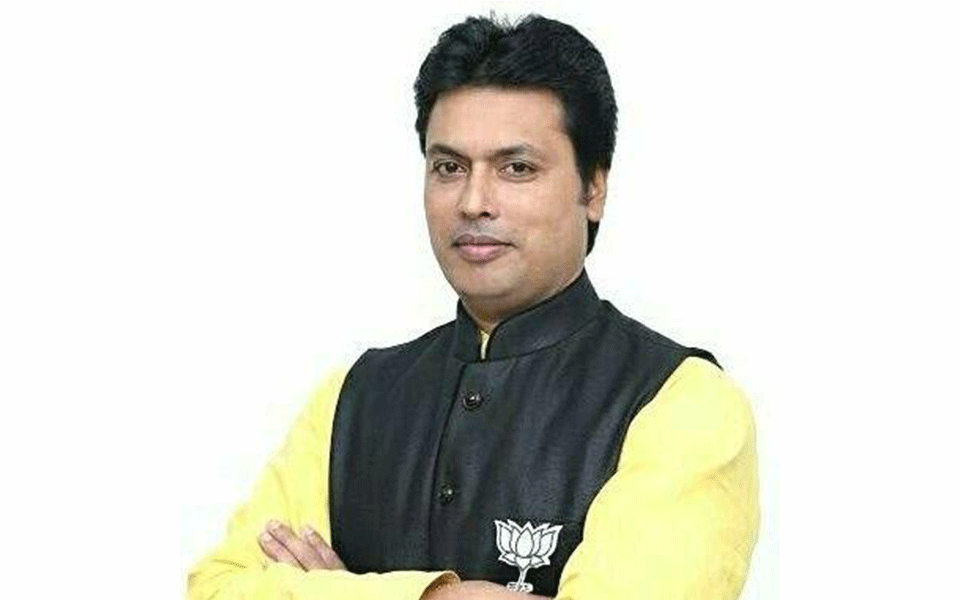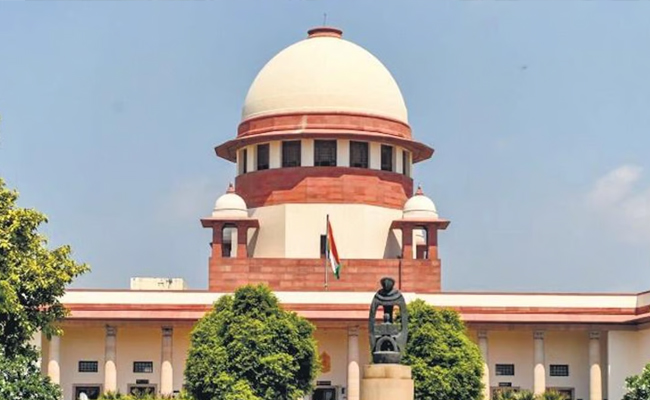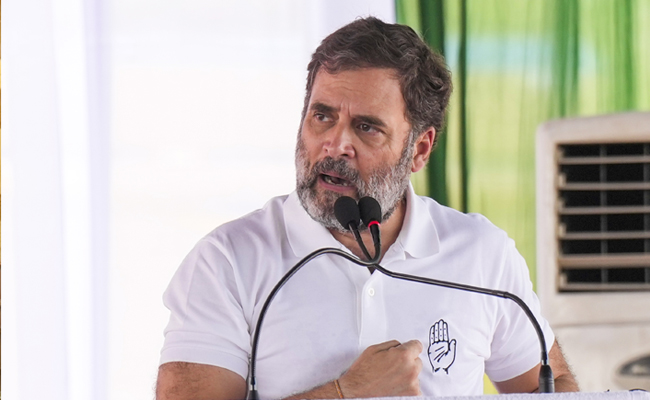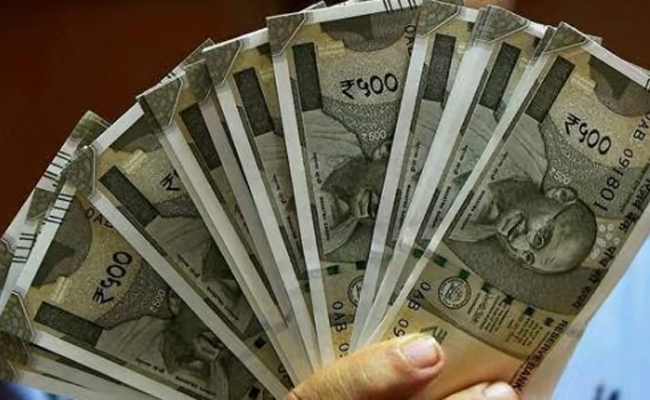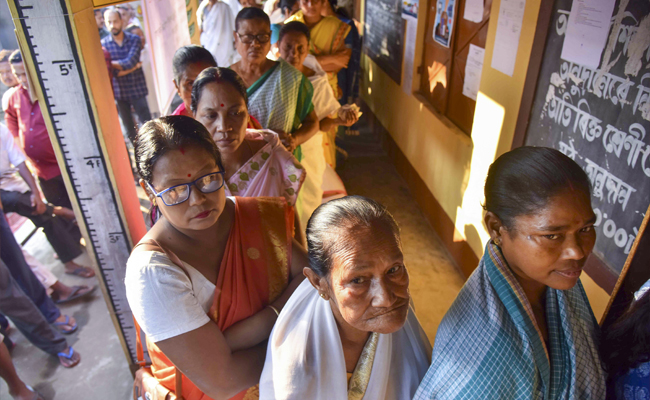Agartala, July 28: The BJP will reconstruct the razed statue of Tripura's communist leader Baidyanath Majumder and the police are probing the incident, Chief Minister Biplab Kumar Deb said here on Saturday.
A Majumder's life-sized statue was knocked down late on Wednesday in Unakoti district headquarters Kailashahar.
Freedom fighter-turned-politician, Majumder was a founding member of the communist base in Tripura in early 1940s. He was Deputy Chief Minister of the state from 1993 to 1998.
"I have asked our party leaders in Kailashahar to rebuild the statue from the party fund. State government will support the initiative.
"This is not the culture of BJP to tear down the statue of a man like Baidyanath Majumder," Deb told the media here.
He said: "I have asked the Director General of Police (Akhil Kumar Shukla) to send the DIG (northern range) to the spot and inquire into the matter. Nobody behind the incident would be spared.
"I have also asked the DGP to see whether this is a part of the conspiracy to tarnish the image of the BJP government."
Deb, also the president of ruling BJP Tripura Pradesh Committee, said : "I knew him (Majumder) when I was a student. He was a very good man."
The Chief Minister's reaction came after widespread criticism of the demolition of the statue of Majumder, who began his political career in 1942.
Majumder was also a member of the Communist Party of India-Marxist (CPI-M) central committee.
All political parties, including the ruling BJP and opposition Congress, earlier strongly condemned the demolition.
The police so far have arrested two persons in this connection. However, the detainees got bail on Friday.
The CPI-M organised protest rallies over the past three days in different parts of the state, including here, demanding action.
Accusing "BJP goons" of pulling down the statue, CPI-M leader Biswarup Goswami has said that the BJP activists earlier bulldozed the statues of Lenin, Marx, Bhimrao Ambedkar, former Tripura Chief Ministers and father-figures of Communist movement in Tripura, Dasaratha Deb and Nripen Chakraborty.
The BJP has, however, denied the charges.
Majumder, who died in 2011, was actively associated with the freedom movement and was a close associate of renowned freedom fighter Surya Sen, who led the Chittagong armoury raid in 1930.
Let the Truth be known. If you read VB and like VB, please be a VB Supporter and Help us deliver the Truth to one and all.
New Delhi: In a significant judgement on Wednesday, 13 November, the Supreme Court emphasised that properties cannot be demolished solely based on criminal accusations or convictions. The Court asserted that such actions contravene the rule of law and infringe upon the principle of separation of powers, as only the judiciary has the authority to determine a person's guilt.
"The executive cannot pronounce a person guilty. If the executive demolishes the property of the person merely on the basis of accusation, it will strike at the rule of law. The chilling sight of a bulldozer demolishing a building reminds one of lawlessness, where might was right. Such high-handed and arbitrary actions have no place in a constitutional democracy. Our constitutional ethos do not permit such a course of action," the Court stated.
The judgement, delivered by a bench comprising Justices BR Gavai and KV Viswanathan, came in response to a series of petitions, including one filed by Jamiat Ulema-i-Hind, seeking to halt the use of demolitions as a punitive measure against those accused of crimes. The Court directed that public officials who engage in such actions be held accountable.
"Public officials who take the law into their own hands and act in a high-handed manner must be held accountable," the Court observed, underlining the importance of respecting due process.
Further, the Court noted that demolitions often impose "collective punishment" on the families of the accused or convicted, and therefore outlined specific guidelines to prevent misuse of such actions. Key directives included:
Authorities must issue a show-cause notice before proceeding with demolitions, giving owners at least 15 days to respond.
Property owners should be notified via registered post, and the notice must detail the nature of the unauthorised construction and grounds for demolition.
The designated authority must allow for a personal hearing, with proceedings duly recorded.
Demolition actions should be videographed, with reports sent to the Municipal Commissioner.
Even after issuing a demolition order, affected parties should be given time to challenge it legally. In cases where individuals do not wish to contest, adequate time must be allowed for vacating the premises.
The Court highlighted the adverse impact of such demolitions on vulnerable groups, observing, "It is not a happy sight to see women, children, and aged persons dragged to the street overnight. Heavens will not fall on the authorities if they hold their hands for some period."
However, the Court clarified that these guidelines would not apply to cases of unauthorised structures on public land, such as roads, footpaths, railway lines, or water bodies, or where a Court order for demolition exists.
This judgement builds upon previous stays on demolitions, including an interim order on 17 September, which prohibited demolitions across the country without Court permission except in cases of public encroachments.

